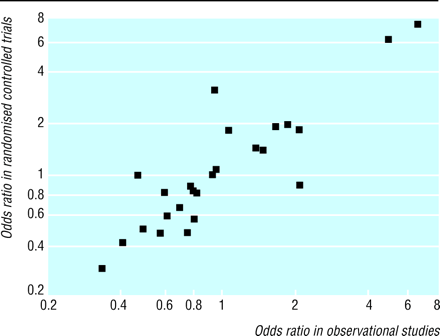Willow Arune, a retired lawyer who has been one of Michael Bailey’s supporters, sent me this email:
Hi Seth,
I have found your exchanges with Deirdre McCloskey rather amusing.
I am one of those transsexual women who supported Bailey. I did so publicly and as a result was subjected to the lies, half-truths and innuendo of Andrea James and Lynn Conway. Even now, the slander is still on both of their web pages. Along the way, I noted that Dr. McCloskey had announced that she would sue Bailey if he dared to suggest that she was “one of those” so I did it for him. Frankly, her autobiography does that to her as well, although she does not use the term
I invited Dr. McCloskey to sue me. I even wrote her lawyer providing an address for service. For one week, I wrote her daily asking her to please, please sue me. Years later, she has still not done so. A shame really as I had lined up a wonderful cast of potential witnesses to provide expert testimony. Truth is always a defence to such silly actions.
Dr. McCloskey has hidden behind the more overt actions of Andrea James and Lynn Conway. Yet she was one with them, an equal participant in the vile and ugly attacks made not only on Bailey but also on other transsexual women who dared to support him. As Dr. Dreger points out, many would not allow their names to be used for fear of attracting attacks from McCloskey’s crew. I also received many letters of support from transsexual women who agreed with Bailey or, at the least, thought the actions of Conway, James and McCloskey were repugnant. None would dare have their comments public for fear of being subjected to the same attacks that had been made against other transsexual women and myself.
Let me give you one example of those actions that McCloskey supported, those actions she says do not cause her shame.
Firstly, I am a rape survivor. Andrea James was well aware or this as we had continued a “back channel” correspondence well after Bailey’s book was published. During 2003, on a public newsgroup, an anonymous writer posted a vile accusation that I was a “registered sex offender”. Not true then or now. Then, on December 24th of that year, I received a post from Andrea James asking me to “confirm or deny” that I was a registered sex offender. In the same post, she threatened to send out “investigators” to look into my past. She justified this action by the broad premise that her end justified any means and that those of us who supported Bailey must have ugly reasons to do so in our past. She would discover those and expose us.
Her web page on me followed, as did another screed from Lynn Conway. Lies, half-truths and innuendo.
This tactic – the no-name post to an e-group or newsgroup – was repeated in the case of the Transkids. It started with a further anonymous post, this one to an e-group on Calpernia Addam’s web site. I first heard of it on an e-group for UK transsexuals and complained to the moderator. In time, thanks to confirmation from other transgendered people, Christine Burns issued a formal apology for spreading the lies, the day after she was awarded an MBE. She had, she stated, relied upon a “usually reliable source” (Andrea James).
The tactic is straight from the McCarthy days. Spread an unfounded accusation and repeat it often so that some will believe it is true. As the writer Patricia Cornwell has recently shown, even one with many financial resources cannot control a slander on the Web.
Ms. James attacked several transsexual women who dared to either support Bailey or Blanchard, or even those who simply wanted to turn down the heat. Each was (and remains) subjected to a web page on Andrea’s site. No wonder few were willing to step out of the trenches. Most transsexual women simply wish to get on with life. They do not wish to be vilified – and outed – on a web page available to anyone with a computer.
If Dr. McCloskey is not ashamed of this type of tactic, as she states, she should be. Instead, she continues to attack you and anyone who dares to express even the slightest question about Blanchard’s theory or the means used by Conway and James to attack Bailey and anyone else who crosses their sights.
It is part of this nasty group to ignore the theory and go personal. In the years since Bailey’s book has been published, I have had few conversations or exchanges about “the theory”. The hate mail that arrives in my mailbox always quotes some of the accusations made by James or Conway about me as a person. James’ screed is copied and posted to some newsgroups on a regular basis by her supporters. Nor, after all this time, have I met any transsexual who has directly suffered as a result of Bailey’s book – and I have asked repeatedly for one to come forward.
The book was published several years ago; I have certainly moved on. I stood up for Dr. Bailey’s right to publish and against the vile and arrogant tactics of Conway, James and McCloskey. I am glad that Dr. Dreger had the courage to expose the facts concerning this matter. As both James and Conway see fit to retain their personal attacks on me on their respective web pages, I can now point to Dr. Dreger’s article as some vindication, certainly as an explanation. In these days when potential employers even check e-groups and such regarding potential employees, slander of the type employed by Conway, James and McCloskey against other transsexual women can have dramatic effect. A dispute over a theory is not a reason to slander a person in the manner employed by these zealots.
Willow Arune
